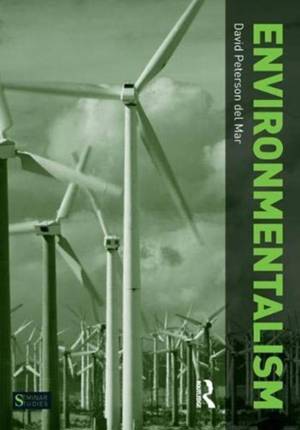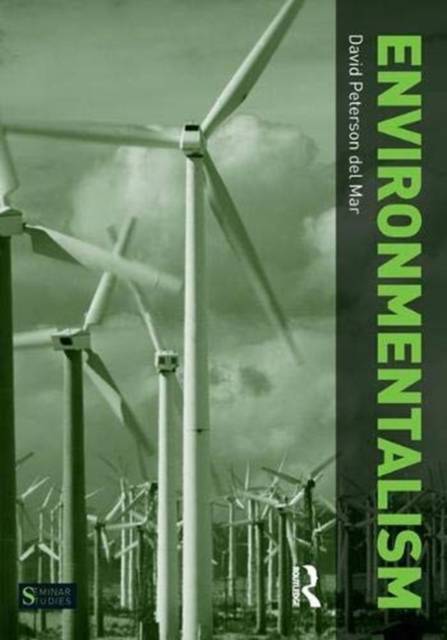
- Retrait gratuit dans votre magasin Club
- 7.000.000 titres dans notre catalogue
- Payer en toute sécurité
- Toujours un magasin près de chez vous
- Retrait gratuit dans votre magasin Club
- 7.000.000 titres dans notre catalogue
- Payer en toute sécurité
- Toujours un magasin près de chez vous
Description
Why are our environmental problems still growing despite a huge increase in global conservation efforts? Peterson del Mar untangles this paradox by showing how prosperity is essential to environmentalism. Industrialization drove people to look for meaning in nature even as they consumed its products more relentlessly. Hence England led the way in both manufacturing and preserving its countryside, and the United States created a matchless set of national parks as it became the world's pre-eminent economic and military power.
Environmental movements have produced some impressive results, including cleaner air and the preservation of selected species and places. But agendas that challenged western prosperity and comfort seldom made much progress, and many radical environmentalists have been unabashed utopianists. Environmentalism considers a wide range of conservation and preservation movements and less organized forms of nature loving (from seaside vacations to ecotourism) to argue that these activities have commonly distracted us from the hard work of creating a sustainable and sensible relationship with the environment.
Spécifications
Parties prenantes
- Auteur(s) :
- Editeur:
Contenu
- Nombre de pages :
- 206
- Langue:
- Anglais
- Collection :
Caractéristiques
- EAN:
- 9781138357334
- Date de parution :
- 23-11-18
- Format:
- Livre relié
- Format numérique:
- Genaaid
- Dimensions :
- 170 mm x 240 mm
- Poids :
- 543 g







